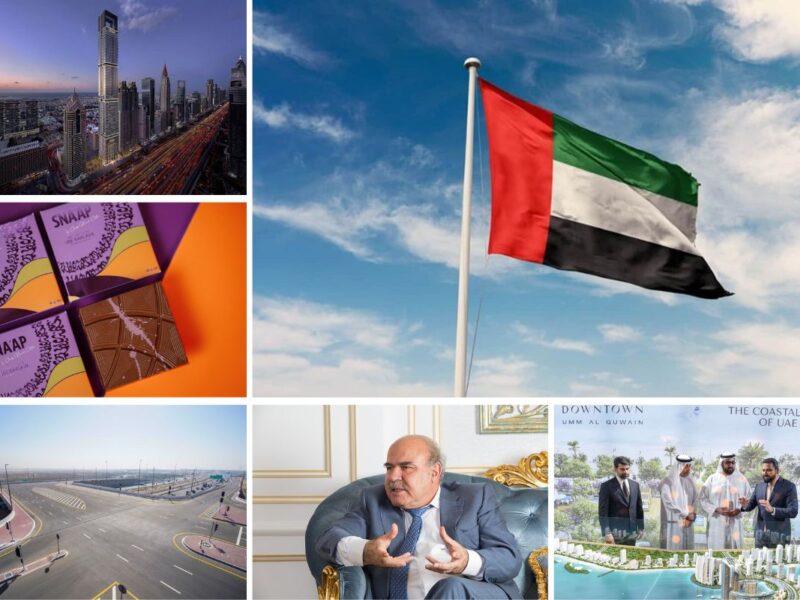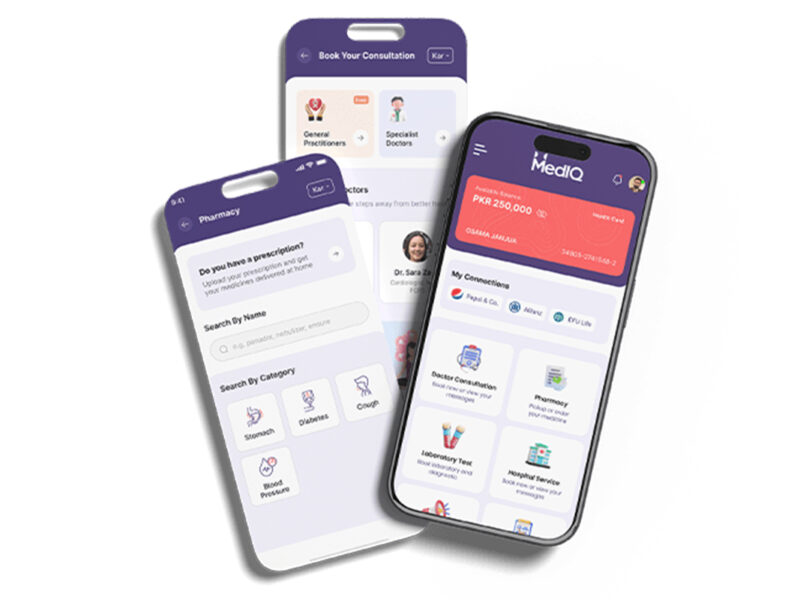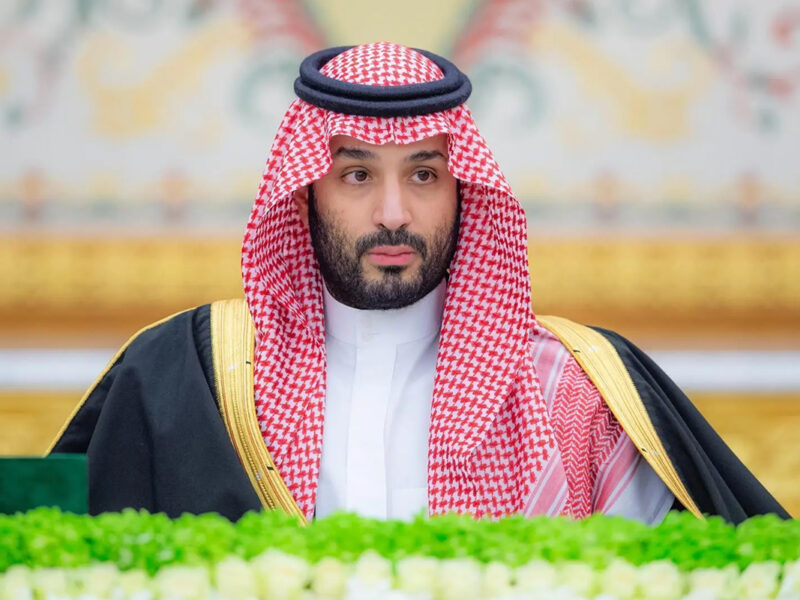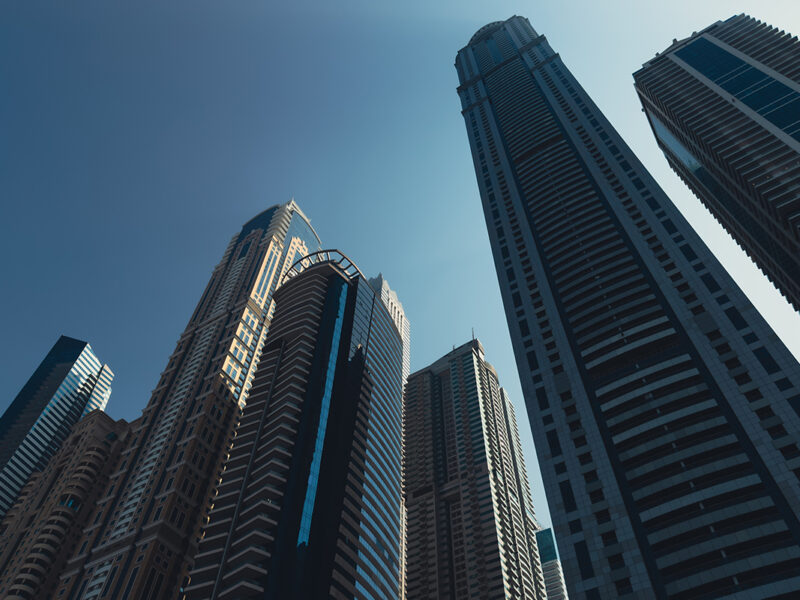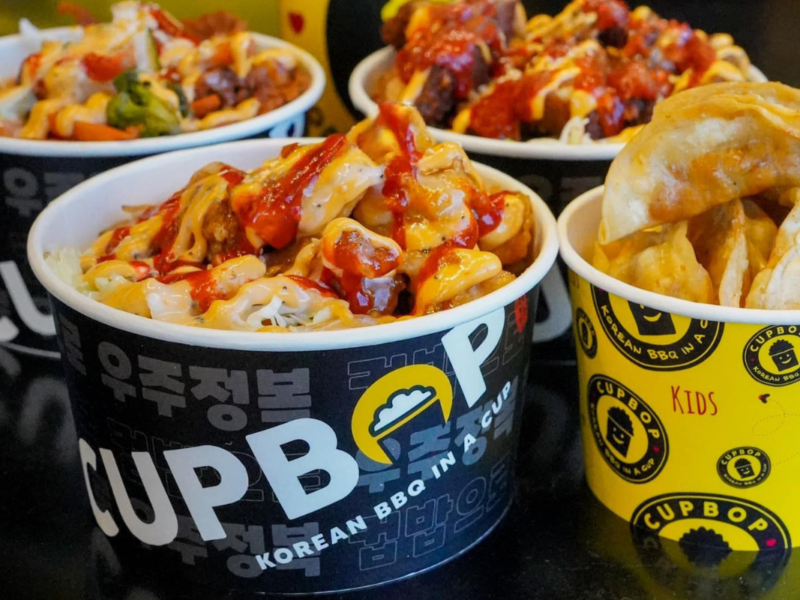A refreshing new twist on art and fashion is taking place in the fashion hub of the Arab region.
Big multi-national conglomerates are being challenged by local and independent retailers and pop-up stores that deliver a healthy dose of individuality and character onto the scene.
But who are the people that are shopping in these ‘off the beaten track’ stores and can they truly make a lasting mark when faced with this region’s retail powerhouses who are well accustomed to bringing in international names?
Being a start-up, you obviously have to have an original idea, and the first store we visit has a strong brand identity in place.
“The Cartel is a multi-brand, multi-designer space and we label it as a gallery for wearable art,” said May Barber, managing partner of the avant-garde retail outlet.
“It’s hard to define The Cartel but it’s a gallery and a retail showroom, and it’s a place for multi-functions, but it’s all under the umbrella of art,” she continued.
Infused with a clear industrial vibe, the showroom features shipping containers and steel staircases is divide the different units. Each of these units is intentionally in black and white to act as a neutral background for the fashion pieces. Designers from all around the world showcase their one-of-a-kind garments in an environment that celebrates unconventionality.
“What we notice in the market is that there is a lot of consumption for the high street, which is mass produced and made in cookie cutters in China somewhere. They are very basic, with no interesting cuts or shapes and patterns. If you are looking for such shapes you go to the high-end side of things, which is far more expensive,” Barber stated.
The idea behind the Cartel and many other independent retailers, such as Sauce and Studio8, is to address this gap by creating a platform to support emerging designers everywhere and cater to the fashion-savvy clientele in the Middle East.
But what is specifically interesting about The Cartel is that right next door to the retail space lies the photography studio of Desert Fish magazine. This vast space morphs into a meet- and-greet area for the happening hipster scene in Dubai during special events and launch initiatives and was the first creative artistic venue to open in the now trendy ‘Al Serkal Avenue’.
“This belongs to my business partner Peter Richweisz, who’s a film-maker, he’s a photographer and he’s very creative. We do most of the shoots for the Cartel and all of the creative campaigns here, and we also use it for events,” said Barber.
Al Serkal Avenue was started in 2007 by Nasser bin Abdullatif Al Serkal and is the only organic arts district in the UAE housing almost 20 art galleries and creative initiatives.
“He’s a businessman, an investor, but he turned onto the supporter of the arts. The Al Serkal compound started off as a series of warehouses that are mainly dedicated to production and industries. The Desert Fish studio was one of the first in Al Serkal , and following that, an interesting umbrella of arts moved in.”
The Cartel is strategically placed to receive a great deal of traffic from that end. This is exactly its target audience. Art nights and gallery openings bring along a flood of buyers both loyal and new.
Countless examples of ‘trunk shows’ and ‘pop-up shops’ can be seen all around town. This trend is adopted by non-mall retailers as well. The latest one took place at O-Concept, a destination that manages to fuse fashion, art and a charming bistro in one unique venue. Founded by Emirati entrepreneur Omar Bin Khediya, the boutique delivers a quirky and fashion forward selection of designs from emerging designers in the region and all around the world.
Such independent platforms are gaining momentum throughout this region and Dubai as a city is strongly backing such efforts through projects like the highly anticipated D3 (Dubai Design District), but can Dubai’s limited customer pool really handle such expansion in both an independent fashion scene and the multitude of large multi-national chains?


